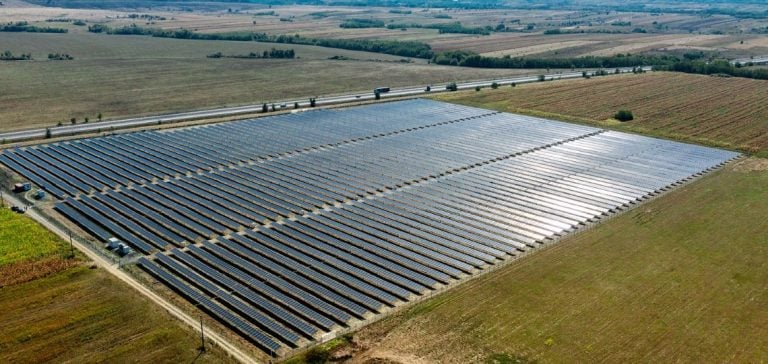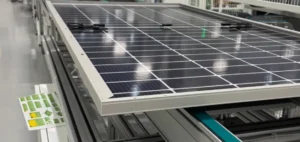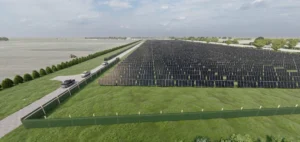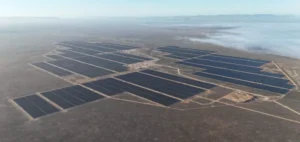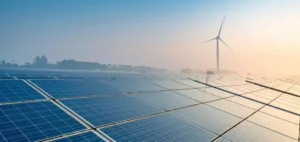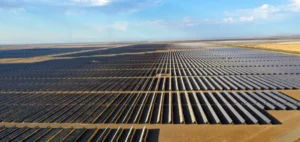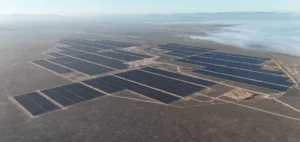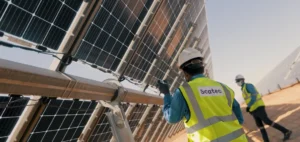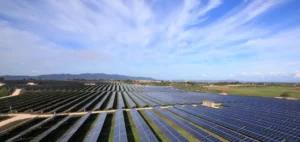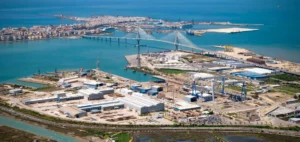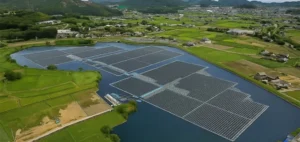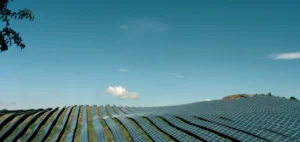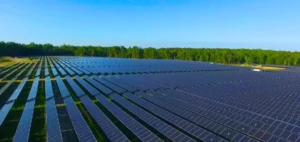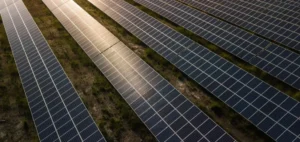Photon Energy, a major player in the renewable energy sector, announces the completion and commissioning of a new photovoltaic power plant in Romania, with a capacity of 7.5 MWp.
The plant, located near Făget in Timiș county, represents a significant step forward in the company’s portfolio of renewable energy generation assets.
With this new facility, the total number of plants in operation now reaches 100, consolidating Photon Energy’s position in the solar energy market.
The Făget 3 plant is the largest in Photon Energy’s Independent Power Producer (IPP) portfolio to date.
It is designed to produce around 11.1 GWh of electricity per year, equivalent to 7.9% of the total 2023 production for the group’s IPP portfolio.
This clean energy production will be fed into the grid managed by Rețele Electrice Banat, without government support or power purchase agreements with a power off-taker, underlining the company’s commitment to a sustainable, self-sustaining business model.
Technical Features and Economic Impact
The plant covers 9.1 hectares of virgin land and is equipped with 12,216 high-efficiency bifacial photovoltaic modules mounted on single-axis trackers.
This project marks Photon Energy’s third photovoltaic plant in this region, bringing total installed capacity to 14.6 MWp.
The economic impact of this commissioning is significant, with other global income of around €2.5 million expected to be recorded in the consolidated income statement for the third quarter of 2024.
This will strengthen the Group’s equity position, enabling greater financial flexibility for future investments.
Georg Hotar, CEO of Photon Energy Group, emphasizes the importance of this expansion:
“We are proud to have expanded our portfolio of operating solar assets with a further addition of 7.5 MWp in Romania. This latest addition is particularly exciting as it represents our largest plant to date.”
This statement highlights not only the company’s growth, but also its commitment to innovation and efficiency in the renewable energy sector.
Market Outlook and Development Strategies
Photon Energy continues to expand its footprint in the Romanian market, where it offers a full range of services, from project development to engineering, procurement and construction (EPC), as well as operation and maintenance (O&M) of photovoltaic power plants.
In addition, the company distributes first-rate photovoltaic components and builds rooftop photovoltaic installations for commercial and industrial customers.
This integrated approach positions Photon Energy as a partner of choice for companies seeking to adopt sustainable energy solutions.
Currently, another 3.2 MWp plant in Sărulești, Romania, is in the process of being commissioned, which should bring the IPP portfolio to 143.5 MWp before the end of the year.
This growth momentum testifies to Photon Energy’s proactive strategy to meet the growing demand for renewable energy in the region, while strengthening its ability to generate sustainable revenues.
In sum, the completion of the Făget 3 power plant illustrates not only Photon Energy’s ability to develop large-scale projects, but also its commitment to a sustainable energy transition.
The company is thus positioning itself as a key player in the European energy landscape, contributing to the decarbonization and diversification of energy sources.
Future developments in this sector promise to bring significant opportunities for companies and investors alike, while addressing contemporary environmental challenges.


